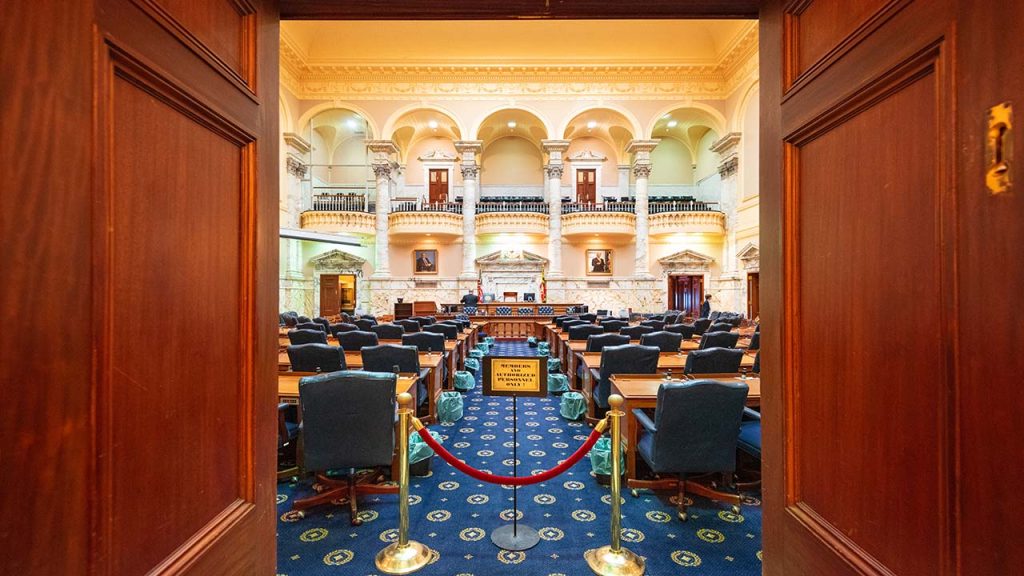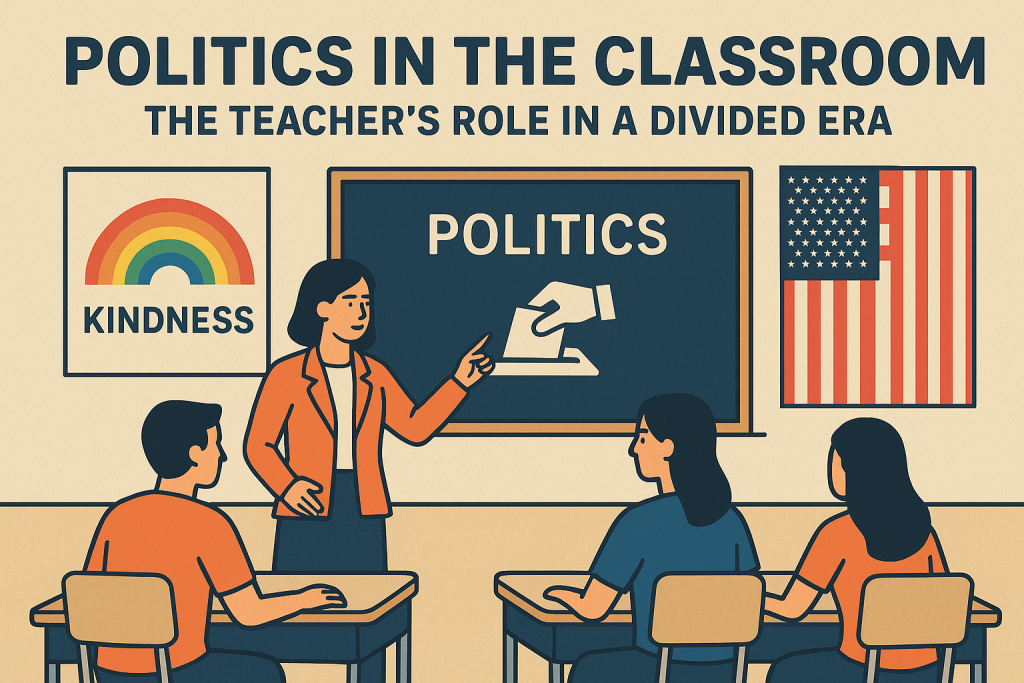

Lowering the Bar: Are Maryland’s New Graduation Rules a Disservice to Students?
Maryland’s State Department of Education has recently implemented controversial changes to high school graduation requirements, raising concerns among educators and parents. The modifications, aimed at increasing graduation rates, have sparked debates about the potential impact on students’ preparedness for higher education and future careers.
In previous years, Maryland students were required to fulfill three criteria to obtain a high school diploma: earning 21 credits, completing 75 service hours, and passing state assessments in key subjects such as Algebra I, English 10, Government, and Life Sciences. However, from 2020 to 2023, the passing of state assessments was no longer compulsory, and students were only required to take them. The following year, further adjustments will take effect, with most graduating seniors needing 22 credits, while state assessments will account for only 20% of their final grade.
Proponents of these changes argue that high-stakes exit exams disproportionately affect minority and economically disadvantaged students, leading to reduced graduation rates among these groups. They contend that a student’s overall course grade provides a more accurate reflection of their capabilities and predicts their success in college and future careers.
However, critics express concerns about the potential consequences of lowering the standards. They argue that by reducing the graduation requirements, the state may inadvertently compromise the quality of education and students’ preparedness for higher academic pursuits. Skeptics worry that without the obligation to pass state assessments, students may lack essential knowledge and skills in key subjects, hindering their ability to thrive in post-secondary education or enter the workforce with confidence.
While increasing graduation rates is an admirable goal, it is vital to strike a balance between inclusivity and maintaining high educational standards. Some worry that by focusing solely on the numbers, the true quality of education could be undermined. The concern is that inflated graduation rates may create a false sense of accomplishment among students and potentially hinder their ability to compete at a higher academic level.
As Maryland continues to refine its graduation requirements, it is crucial to consider the long-term impact on students’ educational journeys. Striving for equitable access to education should not come at the expense of adequately preparing students for the challenges they will face in the future.
The ongoing discussions surrounding Maryland’s graduation requirements highlight the importance of continuous evaluation and fine-tuning of educational policies. It is essential for policymakers, educators, and parents to collaborate and strike a balance that ensures all students receive a comprehensive education while providing them with the necessary tools and knowledge to succeed beyond high school.
Dig Deeper With Our Longreads
Newsletter Sign up to get our best longform features, investigations, and thought-provoking essays, in your inbox every Sunday.
The MEN was founded by John Huber in the fall of 2020. It was founded to provide a platform for expert opinion and commentary on current issues that directly or indirectly affect education. All opinions are valued and accepted providing they are expressed in a professional manner. The Maryland Education Network consists of Blogs, Videos, and other interaction among the K-12 community.












